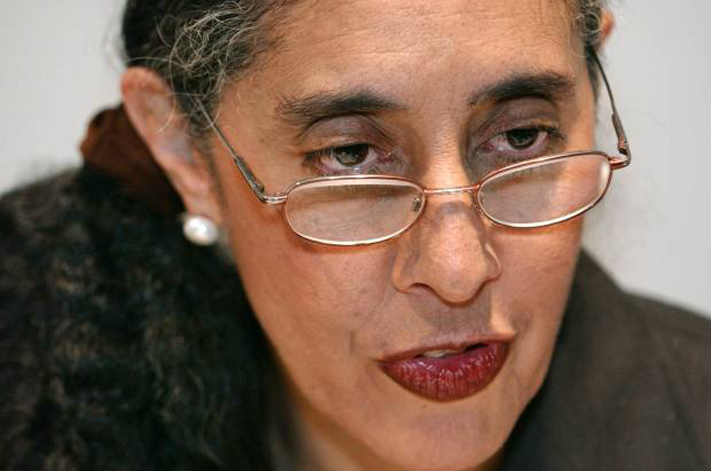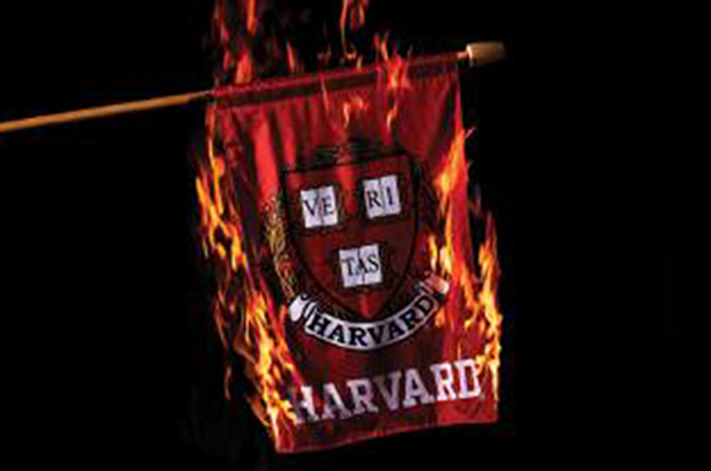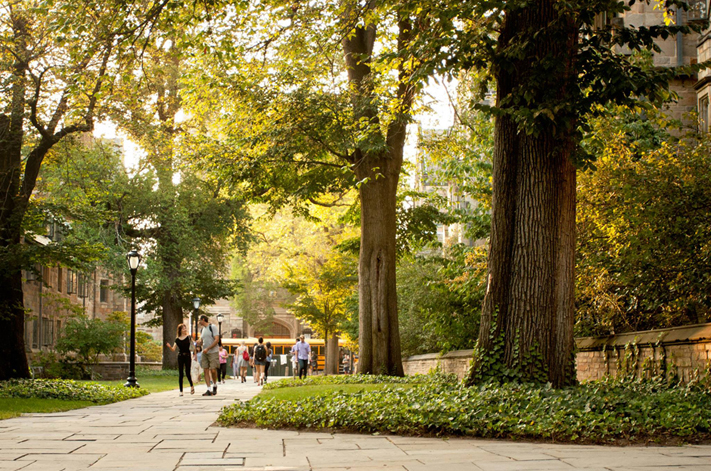Project Description
Making Money Shouldn't Be the Purpose of a College Education
Money magazine's college rankings are the most pernicious yet
As a Princeton professor, I really ought to love college rankings. The most famous of them, by U.S. News and World Report, currently places my employer first among national universities, nudging out Harvard and Yale. Forbes’s list of “America’s Top Colleges” has us at a respectable third. While Money’s brand-new“Best Colleges” ranking takes us down a notch to fourth, it still puts us ahead of the other Ivies. Go, Tigers!
In fact, as with most of my colleagues, what was once mild amusement at this Game of Lists is fast turning into serious annoyance. Far too many Boards of Trustees fixate on their school’s rankings, and a college president whose school drops sharply in the U.S. News list now has about as much job security as a Big Ten football coach after a third consecutive losing season. As a result, far too many schools design their policies explicitly with U.S. News in mind. Among the most nefarious consequences has been the shift of precious financial aid dollars away from students with real financial need, toward affluent ones who can boost a school’s average SAT and “yield” (the percentage of admitted students who actually matriculate). Stephen Burd filed an excellent report on this trend last year in The Washington Monthly, but it is all too obvious to anyone who, like me, has teenage children at an affluent high school (I know several families with “one-percent” level annual incomes whose offspring receive substantial merit scholarships).
Is the problem simply the way the rankings are designed? If this were so, in one respect the Money list might offer a welcome corrective. Unlike U.S. News, which gives the most weight to academic reputation and student retention rates, Money takes “affordability” as one of three equal factors, and within this category places significant emphasis on debt. Money will grade down colleges that offer merit scholarships to the affluent while skimping on aid to needy students, forcing them to take out higher loans.
One can only imagine the perverse effects, if the Money rankings ever acquire the cachet of U.S. News’s.
Given the increasingly vertiginous expense of a college education, families of course need to take financial prospects into account when deciding on a college. Despite continuing predictions that online courses will do to colleges what file sharing did to the music industry, employers still show little sign of favoring consumers of MOOCs over the recipients of traditional diplomas. But obviously there is a big difference between asking whether a college education will lead to a reasonable standard of living, and judging the quality of that education in large part by graduates’ salaries.
One can only imagine the perverse effects, if the Money rankings ever acquire the cachet of U.S. News’s. “Congratulations on your grades in your Environmental Engineering courses,” I can hear a career counselor saying, conscious that her own job may depend on helping her school in the rankings. “And it’s commendable that you want to go work for Greenpeace. But maybe you should get to know the field a bit, first. Here’s an opening at a fracking company…”
Imagine a high school senior whose sole goal in life is to make as much money as possible. He gets admitted to both Princeton and Babson College. Where should he go?
Even among economics majors, many Princetonians go on to positions in the public sector and NGO’s, to low-paying jobs with foundations and advocacy groups, and to academia. And while I don’t have the statistics to prove it, everything I know suggests that the Princeton graduates who do care principally about making money very often make very, very large amounts of money, and most likely out-earn the Babsonians by a significant margin.
This little exercise points to a limitation that the numerous critics of college rankings systems have pointed out again and again. Colleges are not monoliths that can be reliably judged by the sort of aggregate data the rankings systems employ. They have strengths and weaknesses, which make any given college the right choice for certain students, and the wrong one for others. Interested in neuroscience? My former employer, Johns Hopkins, offers a terrific undergraduate major. But if Dostoyevsky is your thing, you may want to look elsewhere, since Johns Hopkins has no Slavic Literature department, and sends its students to take courses in the subject eight miles down the road at Goucher College. Matters like these far outweigh the negligible statistical distinctions between a #12 and a #13 in the U.S. News rankings. Given the huge variations within and between colleges, in everything from academic expertise to financial aid, living conditions, placement records and so forth, by far the best single college ranking system is one that cannot be found on any website. It is a knowledgeable college counselor, who helps students draw up tailored lists based on their own particular interests, tastes, and goals.
As Money’s entry into the fray demonstrates, college list-mania seems entirely impervious to such common-sense observations. Every year, thanks to ever-skyrocketing tuition costs and ever-sharpening competition for admission to elite colleges, anxiety levels among parents and students alike ratchet up a notch. Rankings systems play to these anxieties, and, in the end, do more harm than good. And, of course, they are self-fulfilling prophecies. Expect Babson College rise in future U.S. News rankings, for no reason other than its success in the Money rankings, which will drive up applications and therefore increase Babson’s selectivity.
Even the Obama administration is planning to get into the rankings game. Eleven months ago, the president charged the Secretary of Education with developing a national college ratings system that would push colleges to “deliver better value for students and their families.” The system he described sounds dangerously close to Money’s, even if it will draw on more reliable data. It will put a significant emphasis on debt levels, but it will also include “how well … graduates do in the workforce,” in order to “help parents and students figure out how much value a college truly offers.” Barack Obama might do well to remember that by almost any quantifiable measure, his career as a community organizer would have detracted from the “value” of his own alma mater.
In the end, the people who can do the most to help parents and students do not work for the Department of Education or for publications like U.S. News and Money. They are boards of trustees, and their public-sector equivalents, who need to stop appraising their own institutions according to how well they stack up in ranking systems that measure the value of a college education so imperfectly. They need to decide for themselves what this value consists of, and to hire administrators and faculties who can deliver it in the best—and most affordable—manner.
David A. Bell is the Sidney and Ruth Lapidus Professor in the Era of North Atlantic Revolutions at Princeton and the author, most recently, of The First Total War.
This piece was reprinted by EmpathyEducates with permission or license. We thank the Author David A. Bell and The New Republic. We greatly appreciate the depth and wisdom.




